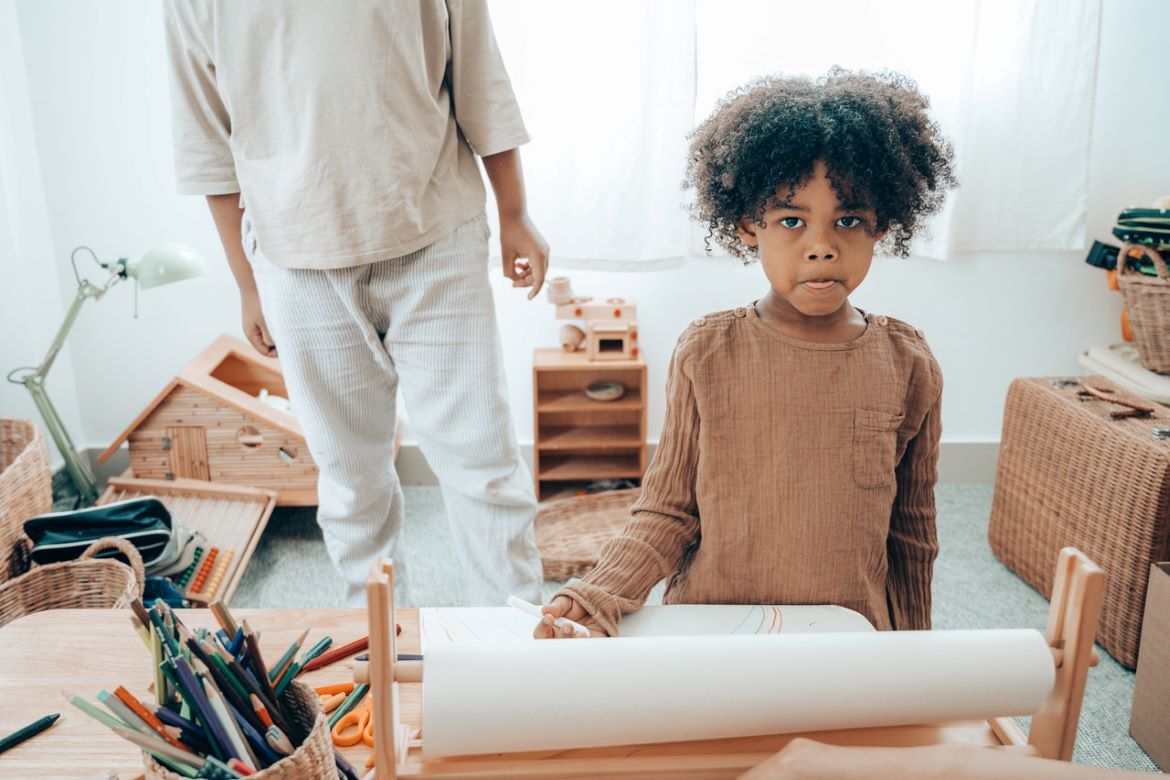By Kylee Harris
Despite the benefits of sending your child to preschool, not every child enjoys going all the time. If your own child seems to dislike going to preschool more often than not, here’s what you can do to help – from recognising the signs to taking action, and even considering a simple day off.
Recognising the signs
Perhaps one of the best things you can do for a child who doesn’t enjoy school is to find out why, as it will allow you to decide what course of action to take. However, this may not always be that straight forward, and simply asking your young preschooler may not result in a clear answer. In addition to checking in with their teacher from time to time and regularly talking to your child about their day (which will tell you about any challenges they may be facing and how they feel), recognising the signs that something may be wrong is also vital. This may include signs like suddenly not wanting to go to school having loved it previously, no longer wanting to play with a certain child, or suddenly becoming clingy when you do take them to school.
Taking action
After discovering the reasoning behind your child’s dislike of preschool, it’s important to take action and find a solution.
For example, many older children may hate school because they feel overwhelmed and under pressure to excel and get good grades. Preschoolers, meanwhile, may simply feel under pressure if they’re shy and are expected to perform in a play. In this case, taking action may be as simple as practising the songs at home with them so they gain confidence. However, if your child hates preschool because they’re experiencing bullying, meeting with your child’s teacher can aid greatly in finding the right solution. As a result, the teacher may plan to have a discussion on bullying with the class, or talk to the child doing the bullying individually. Additionally, you can give your child the tools to handle bullies – such as teaching them to stand up for themselves in a calm, assertive way, and role playing “what-if” scenarios with them. This will help to empower them, and give them confidence in handling the issue.











